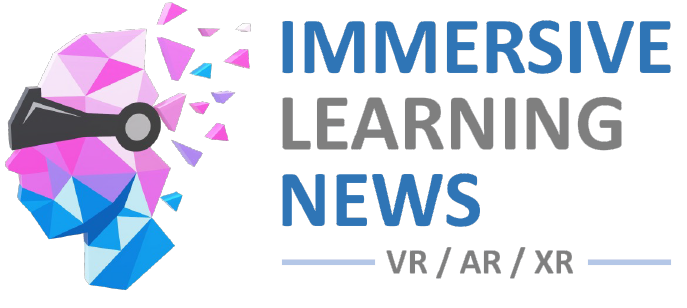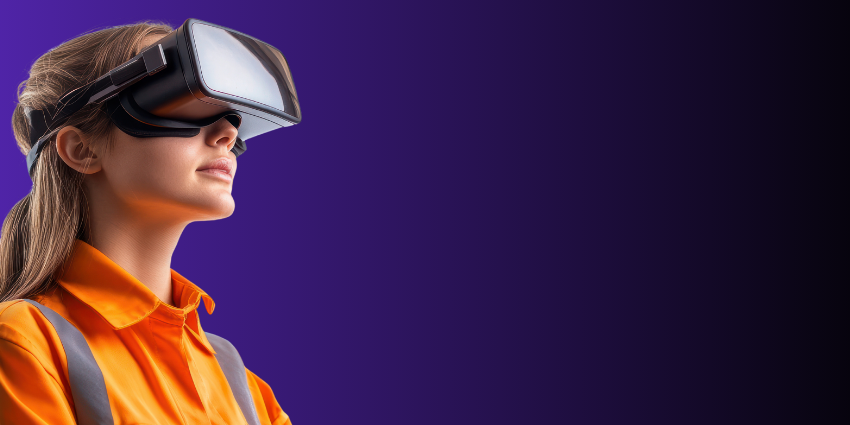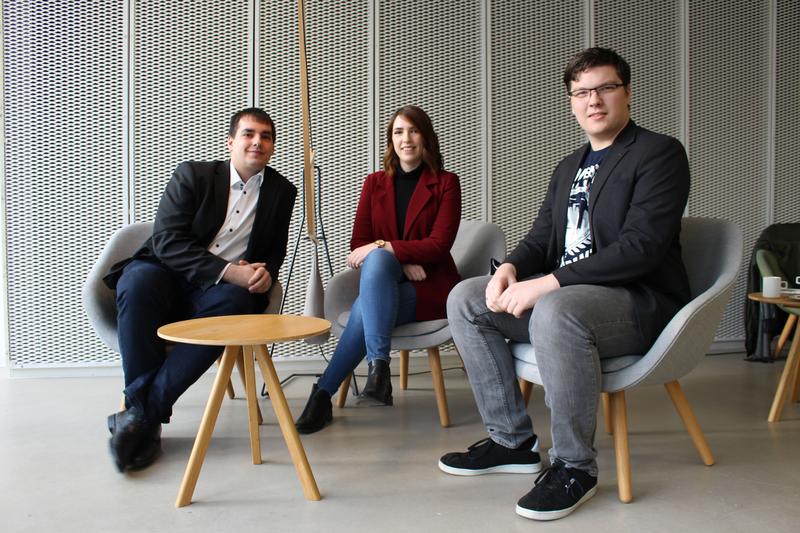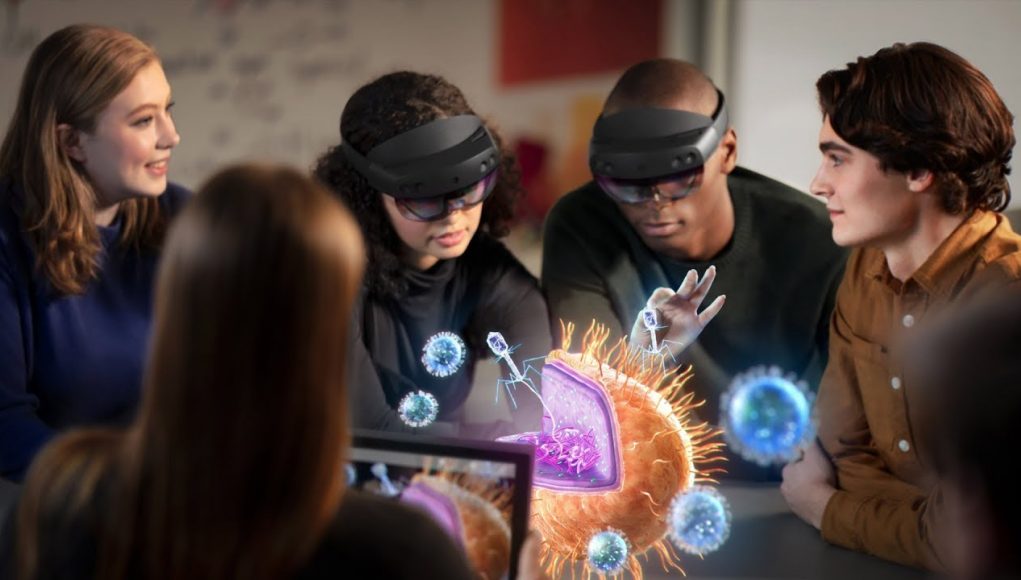Traditionally, learning music has been a slow and laborious process, where students must play scales, chords, and patterns over and over again to develop muscle memory. Those first weeks or months trying to play an instrument can be tedious work, and many people struggle to get to the next stage, which is where the real enjoyment of playing an instrument comes in.
However, loss of motivation is not the only reason that should make us re-evaluate individual practice and the main focus of music learning. The lack of feedback is also a major issue that slows learning, and this is something scientists from the University of Auckland looked into improving with new immersive, augmented reality (AR) tech back in 2013. The goggles-based gamified system they created to help people learn to play the piano encouraged students to compete in learning the various notes and patterns – keeping them engaged during what would traditionally have been a tedious exercise.
More recently, Two students from New York University’s Shanghai campus won an award at the TechCrunch Disrupt Hackathon for creating a virtual reality (VR) music-learning platform called Teach-U. Using nothing more than Google Cardboard and an infrared sensor, users can play virtual instruments such as the piano or drums, and music teachers or other students can join the same virtual music room and provide feedback, no matter where they are physically. That the pair had created a collaborative virtual music platform in just two days shows how much potential VR has for helping people to hone their music-making skills.
John Jesensky is right that music lessons are worth the money because of the years of joy the skill can bring, but by removing the need for students to physically be in the same room as their teachers opens the door for much more group learning and collaborative practice sessions.
YouTube has also changed how people learn. Not only are music howtos some of the most searched phrases on the site, but the ability to play and replay videos of nearly any song time and time again to work out how to copy your favourite melodies makes learning more accessible and enjoyable. Moreover, the videos available on YouTube often cover more than just the musical education, but also how to overcome other performance issues such as stage fright – making the students more complete performers.
One-to-one tuition and group sessions are still the pinnacle of musical education, but for all that time practising on your own – technology has come to the rescue to make that both more fun and importantly more productive.
Quelle:
https://techfruit.com/2017/10/26/digital-music-tools-revolutionising-music-education/amp/?__twitter_impression=true




